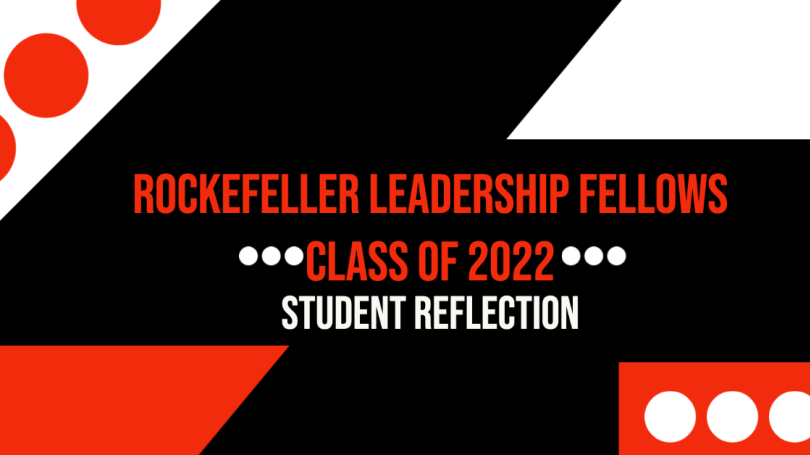
- Public Policy
- Leadership
- Funding
- News & Events
- About the Center
Back to Top Nav
Back to Top Nav
Back to Top Nav
Back to Top Nav
On November 12, Amanda Donald-Phillips gave a presentation on how diversity, equity, and inclusion (DEI) initiatives can be improved to better serve black women.
Following the deaths of George Floyd and Breonna Taylor, Amanda argued that because many companies' DEI initiatives were inherently performative and reactionary in nature (as they were formed directly in response to these tragedies), implemented policies were ignorant of black women's inequality in the workforce (with respect to occupational segregation, and the wage gap in which black women are paid 38% less than white men, and 21% less than white women). After later explaining black and brown workers' restriction to service jobs and low retention in the corporate workplace, Amanda concluded that DEI initiatives have failed black women.
Despite this disheartening realization, Amanda subsequently discussed a variety of different strategies to address this inequity. On an individual basis, Amanda suggested that we all reference resources published by the Society of HR Management resources, which provide tips and tricks for black women, allies, human resources, and diversity leadership teams on how to make black women feel more included.
In terms of company policies, a few of Amanda's suggestions included:
and
Ultimately, Amanda concluded her presentation by stating, "as leaders, we have to be more accepting of each other… different cultural backgrounds… different ethnicities… different races… and know that we all bring something to the table regardless of these differences… we need to make sure we are doing our part to make sure diversity doesn't die."
Throughout Amanda's presentation, although I was simply baffled (and utterly surprised/shocked) by the variety of saddening statistics that were cited, I couldn't find myself agreeing with her more! Although there is much I don't know about DEI initiatives (and much I still have to learn), this presentation has introduced me to a variety of ideas and policies that I need to further explore and investigate, and has truly inspired me to do more with respect to DEI.
Although I have already started to take a number of personal initiatives in hopes of becoming a more inclusive leader (for example, I have taken personal initiative in repeatedly asking for feedback in how I can make fellow team members, colleagues, and peers feel more included, and always engage in in diversity-related discussions to better understand their experiences), this presentation serves as a reminder that even that isn't enough — I must do (and continue to learn) more.
-Written by Alexander "Sasha" Kokoshinskiy, Class of 2022 Rockefeller Leadership Fellow
As Rockefeller Leadership Fellows, seniors gain a better understanding of the qualities and responsibilities expected of leaders. As Fellows take part in the workshops, discussions, and team-building exercises, they examine their skills, qualities, and attributes as leaders and analyze how these influence teamwork and achieving goals.